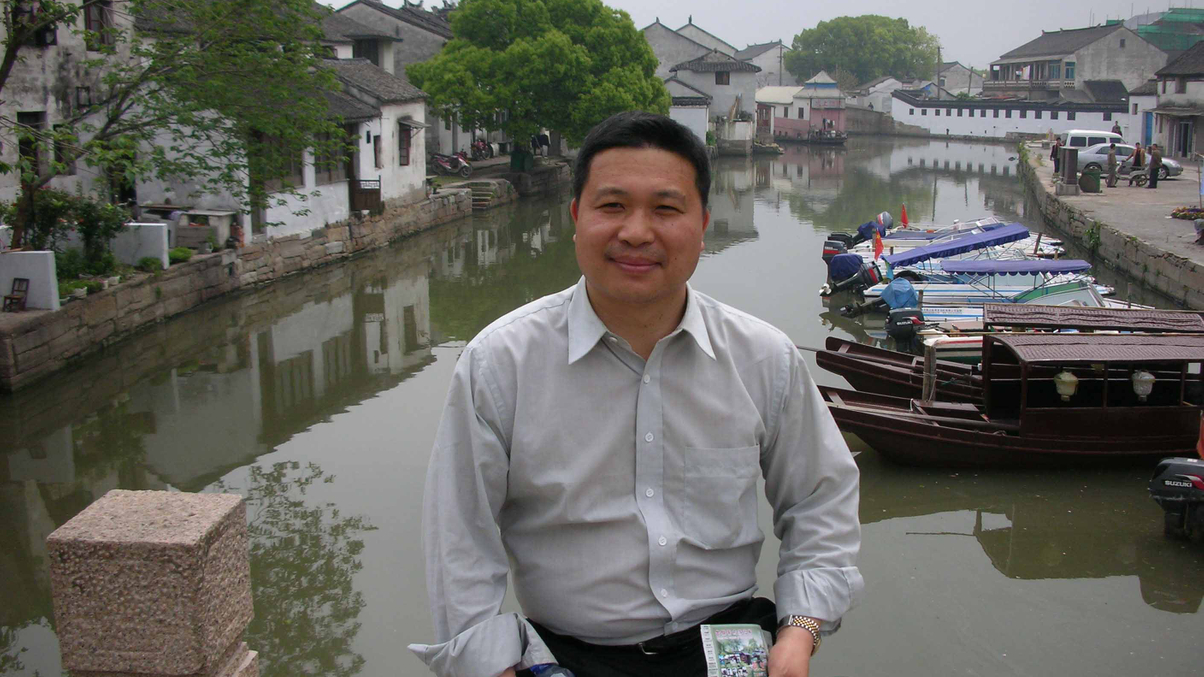Investing in US riskier than Africa, says China banker
An official from China Eximbank tells a forum in Hong Kong that the US is ungrateful for Chinese investment and brushes off perceived US criticism of its rising trade with Africa.

Issues of nationalism in international trade relations were raised by a spokesman for one of China’s top policy banks at AsianInvestor’s and FinanceAsia’s inaugural Africa Investment Summit.
Sign in to read on!
Registered users get 2 free articles in 30 days.
Subscribers have full unlimited access to AsianInvestor
Not signed up? New users get 2 free articles per month, plus a 7-day unlimited free trial.
¬ Haymarket Media Limited. All rights reserved.


